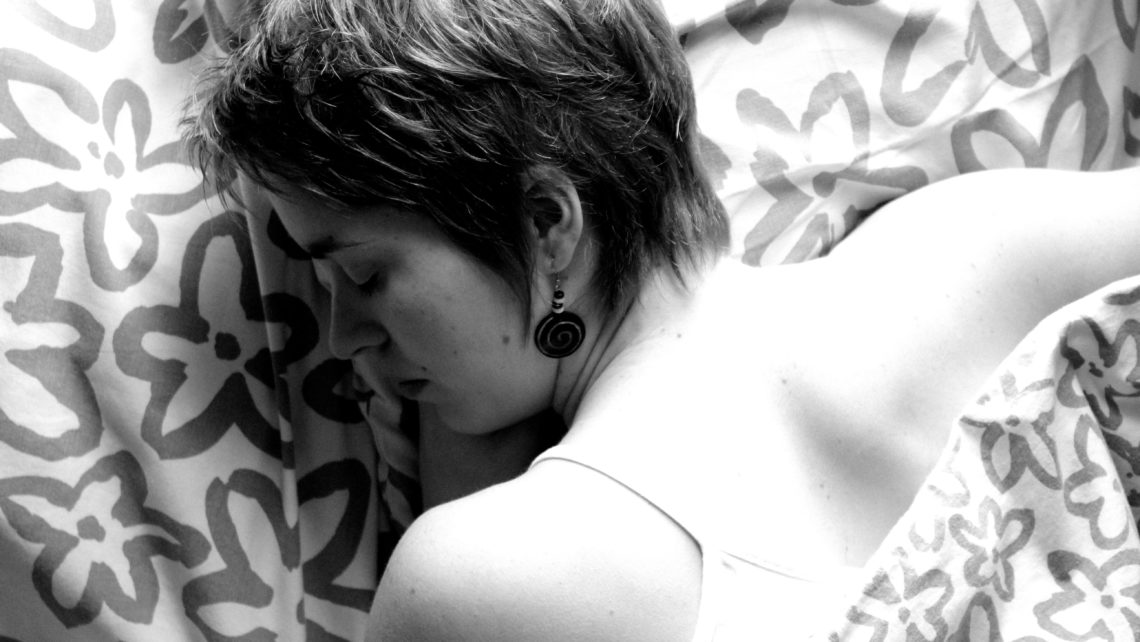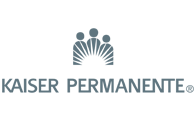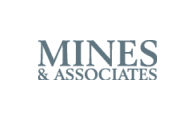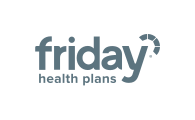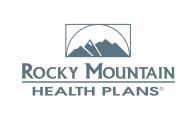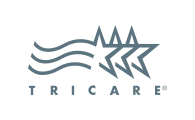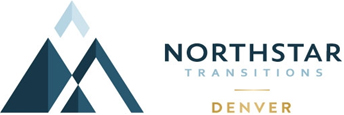Blog
Relapse Dreams Decrease Over Time In Recovery
If you are in early recovery and have a fear of relapsing, or several other fears, please rest assured that you are not alone. Maintaining a program of total abstinence is a challenging enterprise; anxiety, and concern about returning to drug or alcohol use, is exceedingly common. Urges to use can frequently occur, especially for people in the beginning stages of transitioning into a new life. Moreover, individuals are susceptible to specific triggers that can drive them toward the precipice of relapse; fortunately, it is possible to resist the temptation with the right kind of support.
Early addiction recovery is often a vertiginous period in a person’s life. One must also be eternally careful to avoid pitfalls. People, places, and things can all serve as a catalyst to relapse; those who find long-term recovery are ever mindful to steer clear of anything that can jeopardize their progress. Unfortunately, there are times when people have little control over keeping away from things that can compromise their recovery. For example, liquor stores or marijuana dispensaries abound in some person’s neighborhood. It isn’t always possible to keep from walking past one from time-to-time.
Men and women must do the best they can to circumnavigate perils in any stage of addiction recovery. Such people must remain unrelenting in their quest for a better life. In time, the mind, body, and spirit become stronger—as such, the temptation to use diminishes.
Another example of being unable to exercise control over experiences that can provoke a relapse is more abstract. Many individuals who are in the infancy of recovery are familiar with the phenomena that is drinking and drug-use dreams. When the eyes close, both men and women can find themselves in an all-too-familiar-but-unwelcome-world.
Drinking and Drug-use Relapse Dreams In Early Addiction Recovery
Relapse dreams seem real and are accompanied by the same feelings that one might experience during an actual return to using. Upon waking up, feelings of guilt and shame are commonplace; or worse still, a person may feel the urge to seek out euphoria once again. Thankfully, addiction treatment and mutual-help organizations provide people with the tools to overcome disagreeable dreams and refrain from acting upon the urges that can follow.
New research is now available that sheds some light the occurrence of drinking and drugging dreams in recovery. This subject is a curiosity that few researchers have studied; these new findings could assist treatment providers and people in early recovery alike. A team of researchers at the Massachusetts General Hospital Recovery Research Institute found that relapse dreams become less frequent the longer a person is in recovery, ScienceDaily reports. The study involved more than 2,000 people in recovery from alcohol or drug use disorder. The findings appear in the Journal of Substance Abuse Treatment.
“Anecdotally, the occurrence of drinking and drug-using dreams is a known phenomenon among people in recovery, but very little is known from an epidemiological standpoint about the prevalence of such dreams, their relation to relapse risk, and how they decay with time in recovery,” says lead author John F. Kelly, PhD, founder and director of the Recovery Research Institute. Kelly, who is the Spallin Associate Professor of Psychiatry in the Field of Addiction Medicine at Harvard Medical School, adds that “The association between the decreasing frequency of these dreams and the length of time in recovery suggests that, as the body and mind gradually adapt to abstinence and a new lifestyle, psychological angst about relapse diminishes.”
Denver Drug And Alcohol Rehab
NorthStar Transitions: Denver can help you or a loved one begin a journey that leads to lasting addiction recovery. NST has received the Joint Commission’s Gold Seal of Approval for our superior quality care, and our center is licensed by Colorado’s Department of Human Services Office of Behavioral Health (OBH). Please contact us to learn more about our programs and NorthStar’s highly trained team of clinicians. We invite you to Begin Your Transformation Today.
